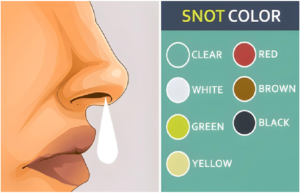CARING FOR AN ELDERLY PERSON AFTER A HOSPITAL STAY

After a stay in the hospital or clinic , the day of discharge is eagerly awaited by the senior.
However, although the worst is over, there are still elements to be taken into consideration, in particular post-hospitalization care.
Caregivers, essential personnel
A family caregiver can be a husband, aunt, child or partner. He comes to help the person with a loss of autonomy in their daily tasks: care, support for social life, meal delivery, administrative procedures, psychological support, domestic activities.
Caring for an elderly relative has an impact on the professional and non-professional life of the family carer. In return, he can benefit from financial and non-financial aid.
Follow-up and Rehabilitation Care (SSR)
Some hospitalizations subsequently require a stay in an aftercare and rehabilitation facility (SSR), or in a convalescent home. This stay is organized with the help of hospital social services.
If the patient benefits from a direct transfer from the hospital to another care establishment, it is not necessary to request reimbursement from Social Security . However, the request for coverage is necessary when the patient goes through his home.
If your elderly relative wishes to be referred to a specific healthcare facility , it is best to anticipate the request. Admission times are sometimes long.
An authorized SSR structure carries out the following missions: offers of curative and palliative medical care, re-education and rehabilitation, preventive and therapeutic education actions, preparation and support for family, social, school or professional reintegration.
Re-education
SSRs help their patient regain the full potential of their physical, cognitive and psychological means.
rehabilitation
When the patient’s capacity limitations are irreversible, the SSRs ensure the patient’s rehabilitation. Thus, the SSR ensure the patient to be able to carry out the gestures of daily life according to his limitations
Reintegration
Beyond medical care and once the patient’s state of health has stabilized, the SSRs ensure his reintegration. This means guaranteeing him real autonomy, in his family and professional life. To do this, the establishments bring him closer to the living conditions that preceded his hospital stay.
What are the structures that allow this support?
There are different structures offering follow-up and rehabilitation care:
Accommodation establishments for dependent elderly people (EHPAD) offer temporary accommodation, from a few weeks to 3 months;







